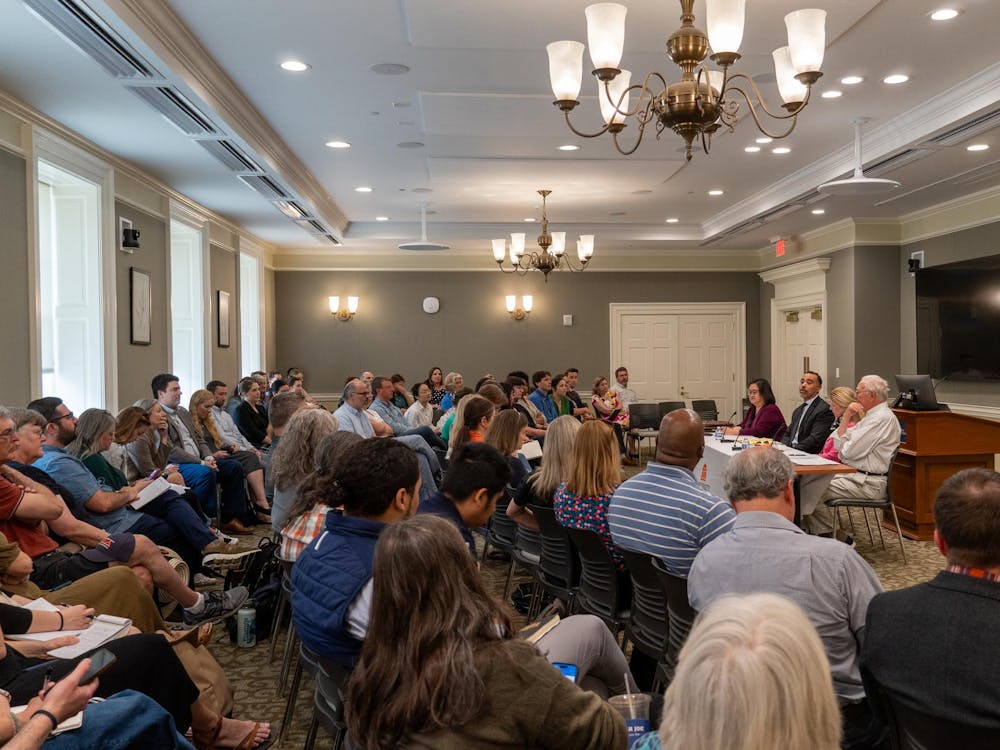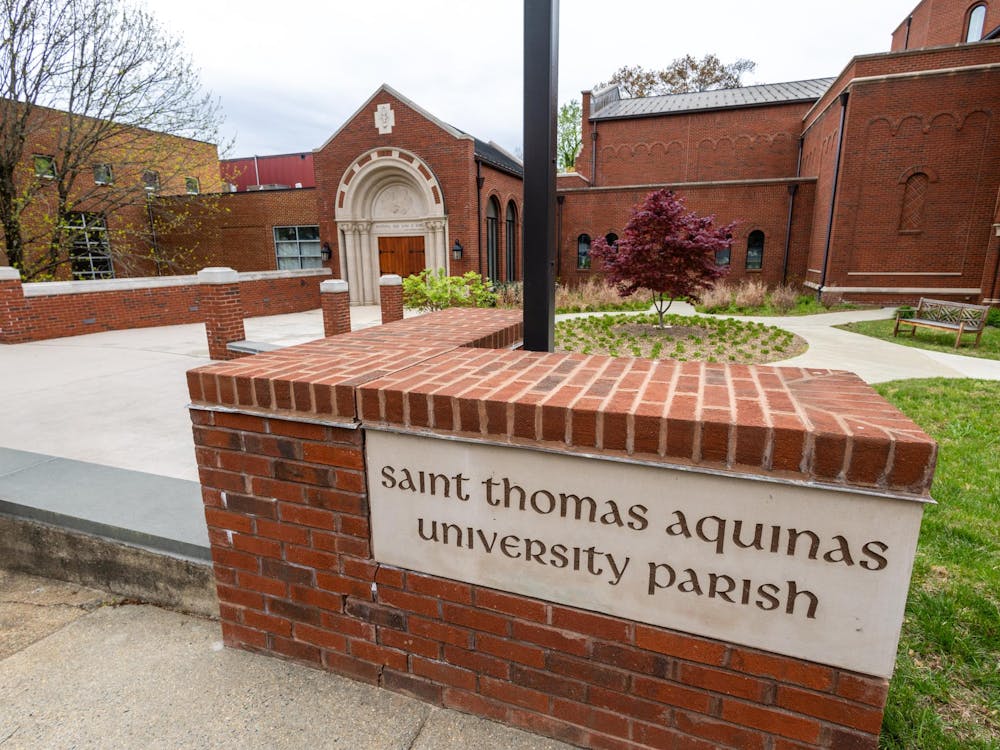In response to the shootings at Virginia Tech last week, higher education administrators presented overviews of the condition of student mental health and current campus safety at a U.S. Senate committee hearing Monday.
"Are America's colleges and universities doing enough to maintain security," Sen. Joseph Lieberman, Ind.-Conn., asked the Senate Homeland Security Committee, according to a transcript of the hearing.
Russell Federman, University director of counseling and psychological services, spoke before the committee and said he tried to describe to committee members the general state of mental health among college students, including the amount of pressure students are under.
"I think the pressures students face today are intense, and they are increasing," Federman said.
According to Federman, the 2006 assessment by the American College Health Association found that 94 out of 100 students reported feeling overwhelming pressure The assessment also found 44 out of 100 students have had difficulty functioning because of depression.
Though the shooter at Virginia Tech suffered from mental health problems, the incident there is "isolated" and not part of any sort of trend, according to Federman.
"I think the fact that it is not related to larger trends is a testament to the very successful endeavors and work being carried out on campuses across the country," Federman added.
College mental health programs, however, could benefit from an increase in funding, Federman said, as well as a thorough examination of patient privacy laws.
The reporting of mental health issues is often hampered by the fact that there is no liability protection in place for colleges, according to Irwin Redlener, director of the National Center for Disaster Preparedness.
Redlener, who is also an associate dean at Columbia University, spoke before the Senate committee as well.
"If a college feels that it is necessary to expel or temporarily have someone get significant psychological intervention, they should be able to do so without the fear of getting sued by that person or that person's family," Redlener said.
Federman said the question of institutional immunity needs to be approached carefully.
"The fear is that this could become a slippery slope," Federman said. "Students need to feel that what they talk about is going to stay here ... Students need to know that we are doing everything to protect their confidentiality."
Redlener also said federal and state gun laws need to be re-examined taking psychological issues into account.
The government should also look into the creation of federal guidelines concerning the implementation and practice of emergency response protocols, Redlener said.
"Schools are 'soft targets' to terrorists," Redlener added. "It is difficult to create an environment that is more secure."
According to a transcript of the remarks made by Sen. Susan Collins, R-Maine, the issue of campus security should be considered in the broader context of homeland security.
"If schools are prepared for natural disasters and terrorist attacks," Collins said, "then they will be better prepared to deal with the random and senseless acts of violence like the one that visited such awful sorrow on the families and friends of the Virginia Tech victims."






